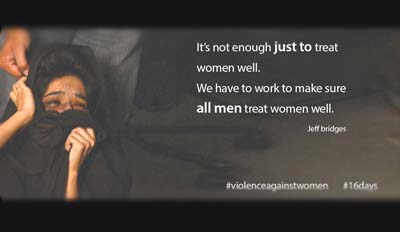India-Pakistan Relations: What keeps us apart?
By Frayan Doctor
7th Feb 2016
The most significant and interesting talk since 68 years in our region has been India- Pakistan Relations. The question raised this time was ‘what keeps the two (countries) apart?’With some prominent personalities in the discussion, Ambassador Marker stated, "It takes 5 minutes to break diplomatic relations with a country, but a whole lot longer to sustain them." Salman Khurshid, the Indian politician and former cabinet member said peaceful existence and relations between the two is a matter of personal chemistry between leaders, which requires balance from both sides, but has disappeared because the people left (reference to partition). Hina Rabbani, former Foreign Minister of Pakistan, joined in saying peaceful coexistence for Pakistan and India cannot be achieved because, agreeing with Khurshid, the partition episode is indelible. The centuries old unity of the people meant that upon Partition, the 2 became arch enemies. And then our Media plays another major role in hyping tensions. She further affirmed that keeping in mind Pakistan’s history of martial laws, the civilian institution is weaker than military. Though military is not trained in foreign policy matters, but the Pak military is different. Only if the civilian apparatus has faith in its own workings, it can become stronger. She highlighted the role of Pak military has been decreasing while the Indian military is increasing. Power of information is paramount, the Pakistani politician Khurshid Kasuri said. In its absence, no foreign policy can be framed. Even any military needs information from the world over to draw up foreign policies.
The panel then brings out how vital a role the common men on either sides of the border can play in bringing about peace. Khurshid believes that both countries should be patient and work consistently to achieve lasting peace and this spirit is found in both countries. Politicians should take a backseat, and the people should work out ways to develop lasting peace. Rabbani says she doesn't have the patience to wait another 70 years for lasting peace. It takes either a small or large incident to set back progress. The 2 countries have never been able to agree to solve any dispute. A deep seeded change is needed in both societies. Our children need to be taught more than just the problems that led to partition and have information on the unity both Muslims and Hindus enjoyed in an undivided subcontinent. Kasuri stressed the need of strong leadership is needed to derail terrorist efforts to disrupt potential peace and strong ties.
The moderator, Aijazuddin said there is institutionalized ignorance on both sides. But in India, people know more about Islam, generally, than Pakistanis know about Hinduism and Sikhism. Khurshid proposed that interfaith and otherwise extensive and determined dialogues between the youth on both sides can end this form of ignorance. Within a decade, remarkable changes can be achieved if the young generations come together to solve problems domestically and between the 2 countries. He said the youth of both countries should win the peace prize if peace is achieved through their efforts. Rabbani agrees with Khurshid and suggests school and college students should be given visa free entries to hold dialogues. The liberal visa regime in the past saw people from both sides unite under the sporting banner of cricket. Marker concluded increase in contact among the common people of both the countries can reduce the trust deficits.
It was the perfect way to conclude the festival. There was for this talk. The in depth and conclusive analysis by the panelists on how to bring about lasting peace in the region grabbed a huge audience comprising of both young and old. A lot of people raised relevant questions and the audience repeatedly applauded the panelists for their esteemed input on the subject.








